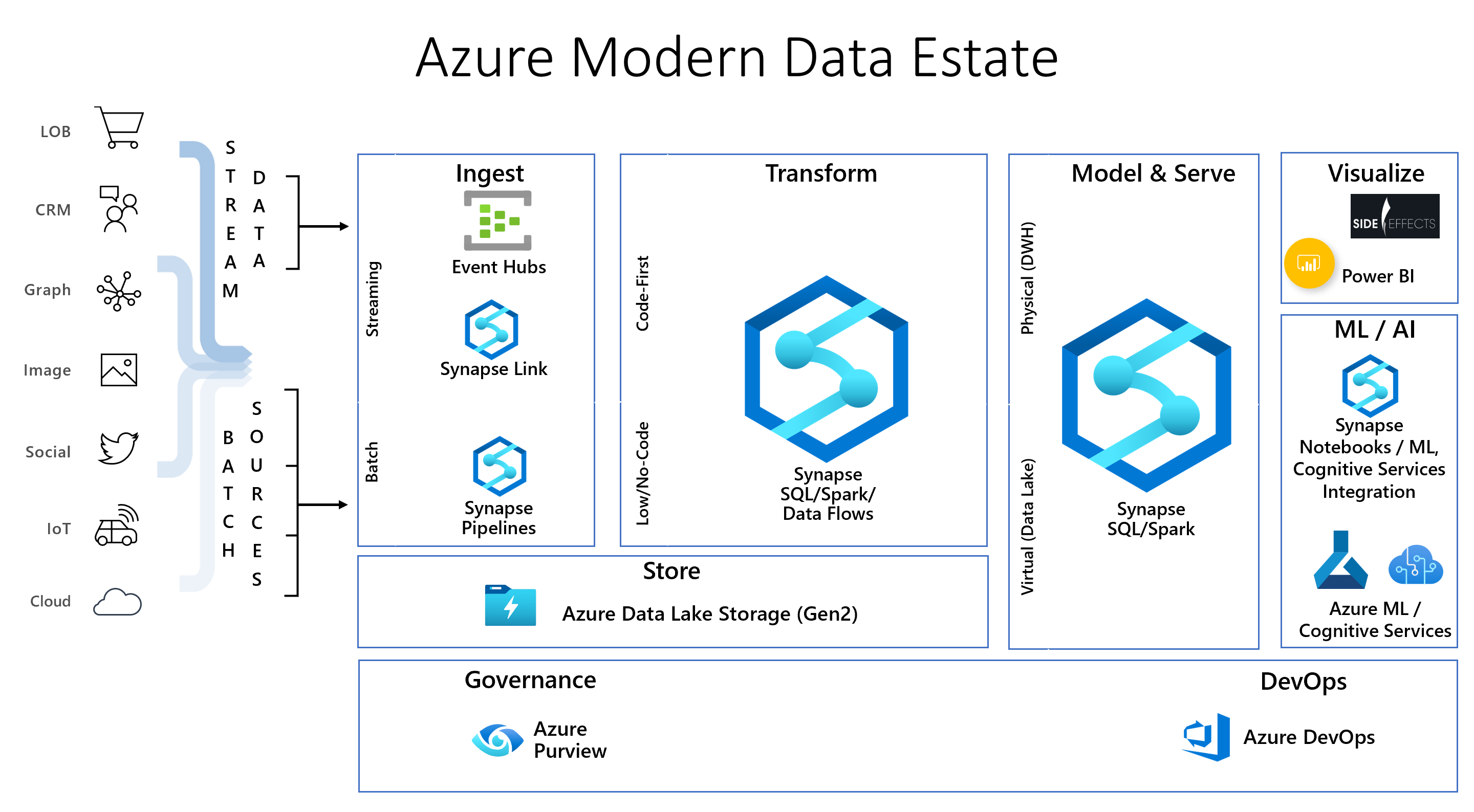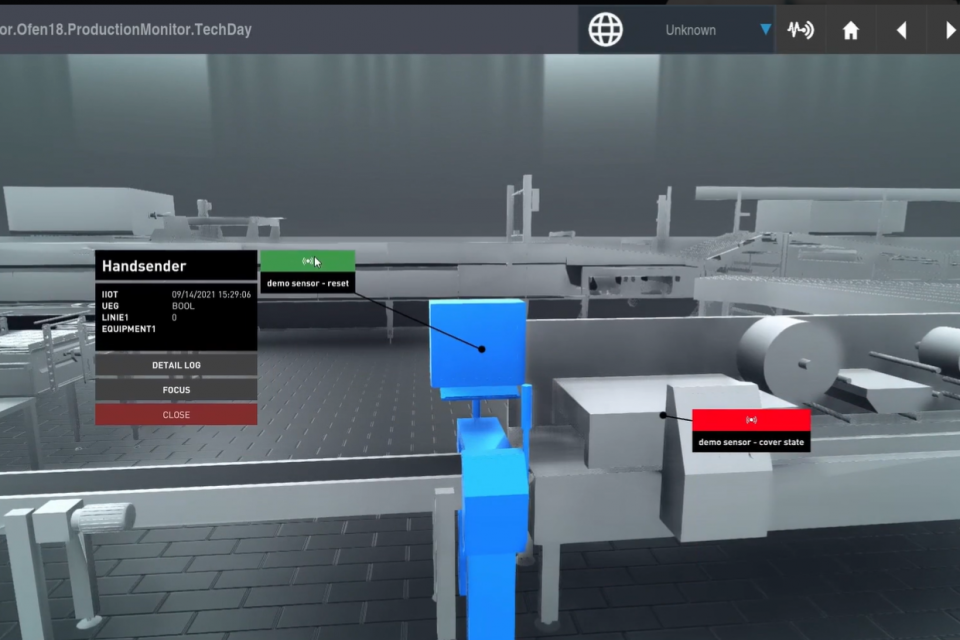The use of digital twins has more and more become a reality in manufacturing. These digital models can be used to gain insights that drive better products, optimized operations, reduced costs, and breakthrough customer experiences. Swiss food manufacturer Delica is leveraging digital twins based on the solution developed by Side Effects to transform their employee skilling and training.
Applications of Digital Twin have found use in most industries, transforming the way businesses operate. With IoT sensors, XR capabilities, and AI-powered analytics, Digital Twin technology allows to preempt asset maintenance needs, reduce operational costs and asset downtime, and enhance overall business efficiency.
Food manufacturer Delica is leveraging digital twins to transform employee skilling and training. The Swiss company, which was established in 1928 and is now part of the Migros-Industry Group, develops and produces high-quality cookies, ice cream and snacks. As a renowned specialist in delivering needs-based solutions, Delica provides customers in Switzerland and across the globe with ingenious treats for any time of day, both under the Migros (Blévita) brand and for other well-known companies both within and outside Switzerland.
Autonomous and location-independent skilling
Digital knowledge transfer and its certifiability is a key challenge in various industrial sectors. Many organizations have the need to fill resource gaps quickly and largely autonomously. In addition, training often has to be organized and coordinated at different locations, even in different countries.
“By using interactive 3D twins of production facilities, Delica employees are empowered to acquire information in a very structured and self-explanatory way”, says Ueli Eggenberger, Head of Digital Solutions at Migros-Industrie. “Furthermore, the training, which previously required a supervised course, can be conducted autonomously due to the use of visualizations.” The clear structure increases quality and ensures consistency across all training courses, and the fact that the fees for trainers are eliminated naturally reduces costs massively.
From CAD data to digital twin
Delica relies on a cloud-based solution from Side Effects, a startup in the Swiss Microsoft Startup Program. Based on the Microsoft Cloud Switzerland, Side Effects› solution, enables companies to convert ordinary 3D CAD data in into highly optimized digital twins, regardless of whether it is a simple product or a complex industrial production plant. Originally from a game design background, the Side Effects team is entirely user-focused. “Our goal is to provide an application that allows companies with no 3D or animation experience to create a interactive 3D visualization in a matter of hours,» explains René Krebs, founder and CEO of Side Effects. “This could be a salesperson preparing a interactive presentation or an engineer using the tool to produce short explainer videos or interactive manuals.”
Although Side Effects› solution is very simple to use, the application is very open and scalable. A series of algorithms optimize the data after uploading it through the platform. Each individual component can be linked to various sources of information such as ERP, IoT data or media. The converted solution is then available on any connected device, whether it’s a tablet, laptop, touchscreen or AR glasses. By connecting the platform via Azure IoT Hubs, IoT/sensor data from the machines can be collected, processed and visualized in combination with Power BI.
Watch the video of the usecase here.
Review of what has been learned and thus quality control is also integrated: Knowledge transfer is checked directly during training through interactive questions and position verification. By interacting with the employee, it is also possible to check, for example, whether the correct protective clothing or tools are being used.
From digital twin to data-driven organization
Digital Twins are a solid foundation to take a big step towards becoming a data-driven organization. “The more an organization knows about how its business works, the better it can replicate what works well and address the areas that need improvement,” says Claudio Mirti, Senior Advanced Analytics & AI Specialist EMEA at Microsoft. That’s why, according to Mirti, it’s critical to capture and aggregate other data sources in addition to the digital twins. By doing so, he says, an organization will be able to obtain accurate, up-to-date information about every aspect of its operations. Side Effects solution is ready to enable Azure Synapse Analytics to simplify data ingestion and processing for a central data store that aggregates real time operational data with planning data as well as historical data. “When this aggregated data is then crunched and analyzed with AI,” Mirti explains, “patterns can be identified that allow an organization to respond to changing conditions and predict both future opportunities and risks.”






